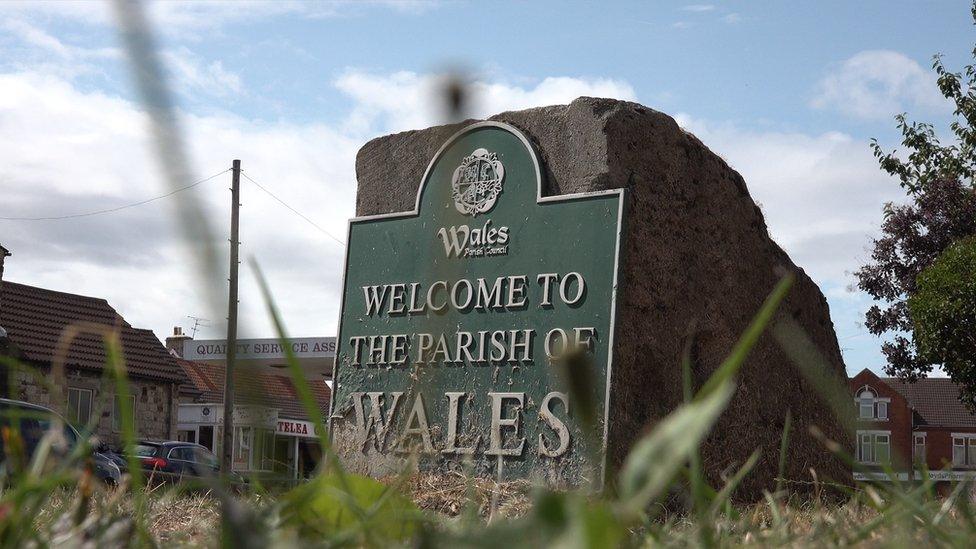The Changing Face of Wales: How Welsh do you feel?
- Published
- comments
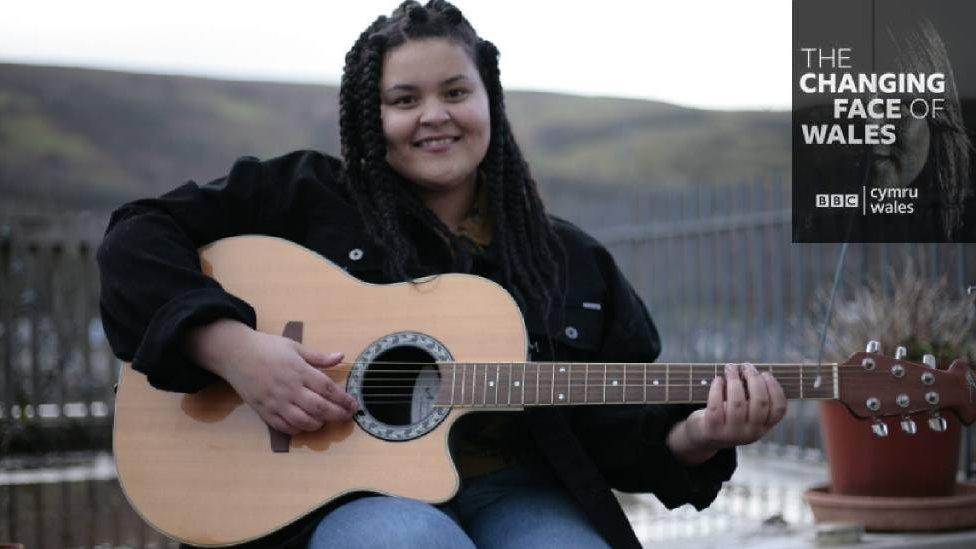
Eadyth has Bajan heritage and moved to Wales as a child
How Welsh are you? And what does it feel like?
In BBC Cymru Wales' annual St David's Day poll, almost half of those born in Wales told us they saw themselves as either entirely Welsh or more Welsh than British.
So as part of our Changing Face of Wales season of stories, we thought we'd ask people to describe what their nationality means to them.
And guess what? It's hard to describe "Welshness". That's why we often end up relying on cliches.
But the brave souls we spoke to were willing to give it a try.
Once we got past daffodils and Welshcakes, it emerged that feeling Welsh is complicated.
Like all national identities, it's about a sense of belonging to a community.
But, at the same time, each of us experiences it differently because it's also part of our personal identity.
"Wales is not acknowledged as a country as much as England or Scotland"
Welsh-language music artist Eadyth, 21, was born in England, with Bajan heritage, before moving to west Wales as a child. She now lives in Merthyr Vale .
"I think it's been quite difficult for me growing up and trying to identify myself as Welsh or English," she said.
"I found myself through Welsh language singing and I think I'm really proud to be able to call myself Welsh now and I think I've been adopted by Wales.
"I'm really happy to be able to project all my emotions and feelings through the Welsh language."
She said being Welsh had given her "something to really look up to" and had given her that "special something in my life".
Within the 1,000 people questioned for the annual BBC Poll, 676 were from Wales.
Of those asked, 21% said they felt Welsh not British, 27% said they felt more Welsh than British and 44% felt equally British and Welsh.
The remaining 7% felt more British or exclusively British.
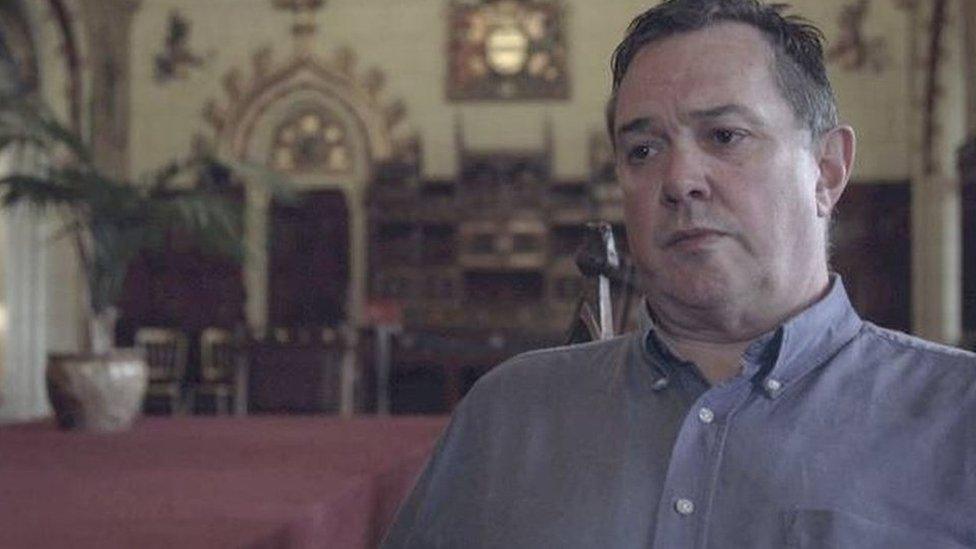
Author Jon Gower says it is a dark secret that the Welsh are "actually pretty British"
Opinions were just as split when we spoke to students at Cardiff and Vale College.
Shanice Williams, of Newport, said she felt more British, saying: "I don't sound Welsh, I don't speak Welsh I really don't know anything about Wales."
Whereas Cameron Ware, who is studying his A-levels, said: "I definitely do feel Welsh. I'm from this country, I'm very proud of where I'm from. Usually you do get labelled 'British'.
"It doesn't bother me entirely, but when people say 'British', I do mix that in with 'English'."
Changing Face of Wales: Is racial prejudice alive and kicking?
Meanwhile, several students told us they feel both Welsh and British. And there was an equally mixed picture when we spoke to people in Rhyl, Denbighshire.
Benjamin Jones said: "I can honestly say, I feel more British than I feel Welsh," while Emma-Louise Luff, who was born in Abergavenny but who now lives in Rhyl, said she feels "more Welsh".
Author Jon Gower, who has written books about Wales, said it was one of the nation's "darker secrets" that "we're actually pretty British".
"Cardiff, when it comes to royal occasions, is second on the list in the UK in terms of cities that apply for licences to celebrate royal events.
"If you couple that with the Brexit vote, the alignment there was very clearly with England, then there is very much a 'Britishness' in play in Wales."
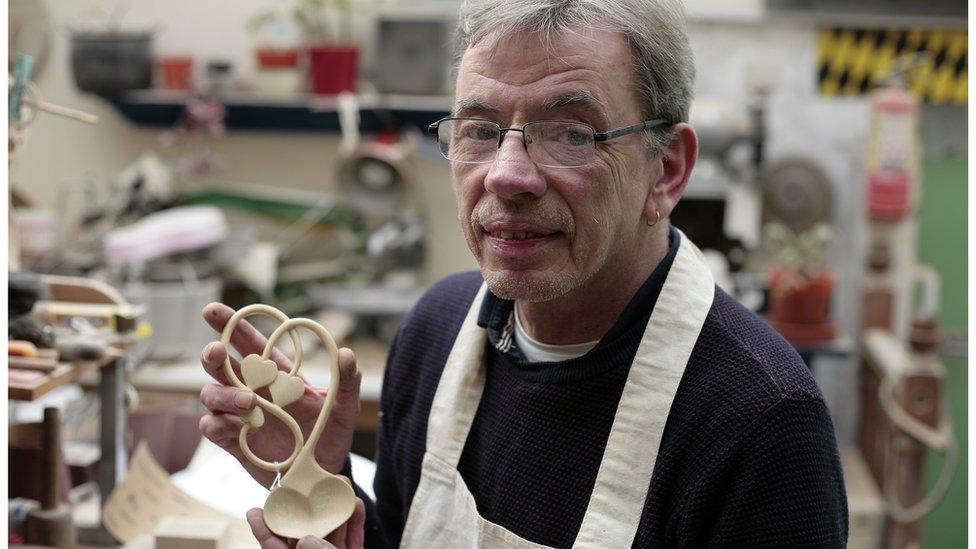
Lovespoon maker Sion Llewellyn is proud to carry on a centuries-old tradition
Mr Gower said defining our own sense of Welshness could be challenging in a nation that gets so much news and culture from London.
He said the traditional signifiers only take us so far: "A little bit of rugby, we used to go to chapel, we used to mine coal. Trying to work out who we are now is a complex thing."
But for him, it is worth the effort: "My response to being Welsh is an emotional one... for a small place it's packed with history and culture and richness."
And that history is important to Sion Llewellyn from Pontycymer, Bridgend county.
He makes traditional love spoons and he's proud to preserve one of the best-known badges of Welsh identity, "like daffodils and dragons".
He takes his work around the world and gets an equally enthusiastic reception whether he is at the national Eisteddfod or in Japan.
"I'm an ambassador for Wales," he said.
"It's a centuries-old tradition… it is part of our identity, really."
More details on the BBC Cymru Wales' annual St David's Day poll here, external
ICM Unlimited interviewed a representative sample of 1,000 adults aged 18+ by telephone on 7-23 February 2019. Interviews were conducted across Wales and the results have been weighted to the profile of all Welsh adults. ICM is a member of the British Polling Council and abides by its rules.
- Published13 March 2019
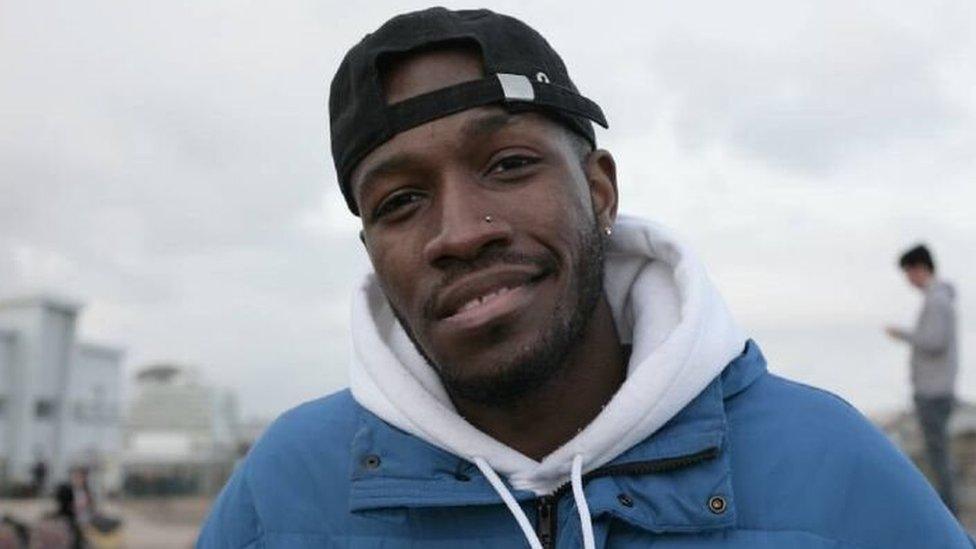
- Published1 March 2019
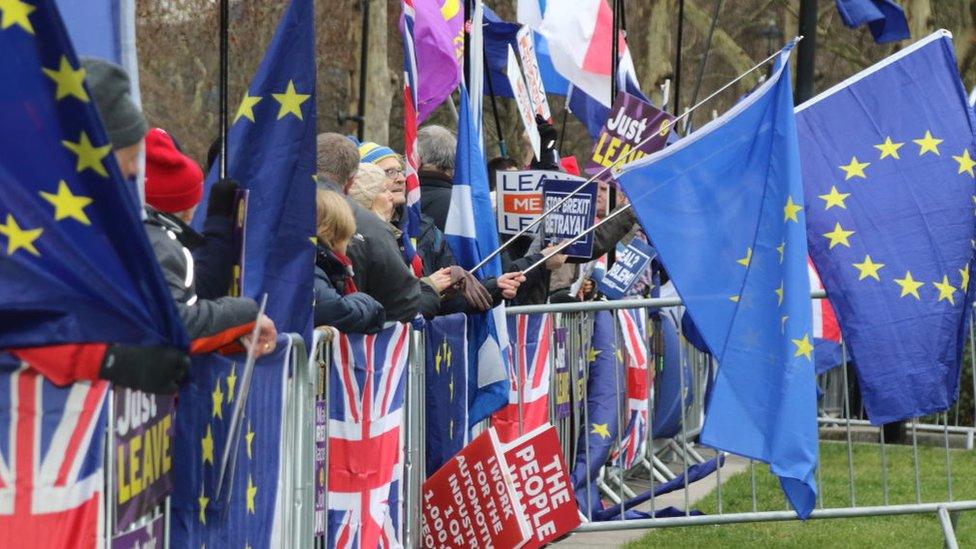
- Published25 August 2018
